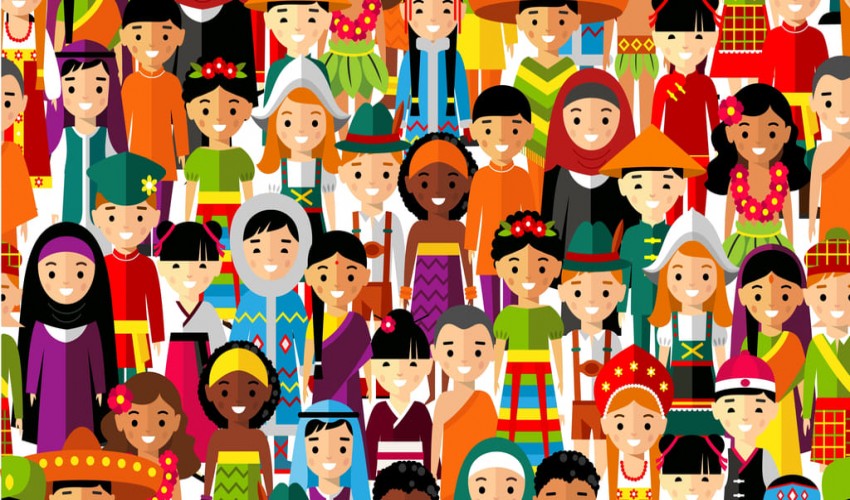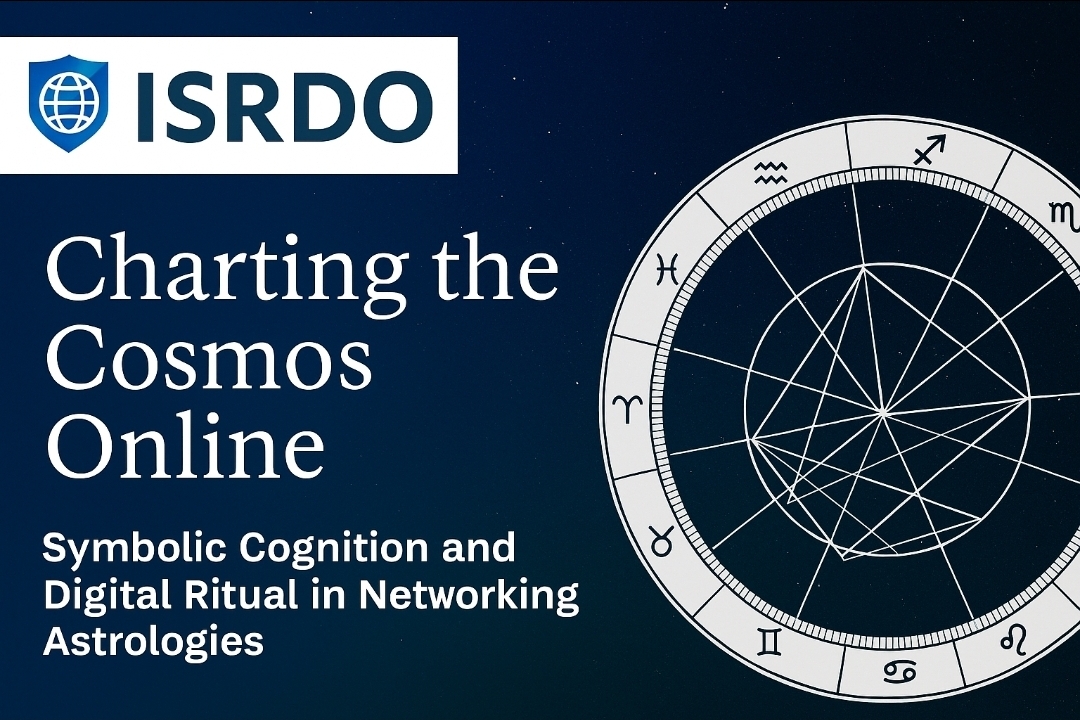
Cultural Aspects of Development
Culture is an umbrella term which encompasses the social
behavior and norms found in human societies, as well as the knowledge, beliefs,
arts, laws, customs, capabilities, and habits of the individuals in these
groups.
Culture is considered a central concept in anthropology,
encompassing the range of phenomena that are transmitted through social
learning in human societies. Cultural universals are found in all human
societies; these include expressive forms like art, music, dance, ritual,
religion, and technologies like tool usage, cooking, shelter, and clothing. The
concept of material culture covers the physical expressions of culture, such as
technology, architecture and art, whereas the immaterial aspects of culture
such as principles of social organization (including practices of political
organization and social institutions), mythology, philosophy, literature (both
written and oral), and science comprise the intangible cultural heritage of a
society.
In the humanities, one sense of culture as an attribute of
the individual has been the degree to which they have cultivated a particular
level of sophistication in the arts, sciences, education, or manners. The level
of cultural sophistication has also sometimes been used to distinguish
civilizations from less complex societies. Such hierarchical perspectives on
culture are also found in class-based distinctions between a high culture of
the social elite and a low culture, popular culture, or folk culture of the
lower classes, distinguished by the stratified access to cultural capital. In
common parlance, culture is often used to refer specifically to the symbolic
markers used by ethnic groups to distinguish themselves visibly from each other
such as body modification, clothing or jewelry. Mass culture refers to the
mass-produced and mass mediated forms of consumer culture that emerged in the
20th century. Some schools of philosophy, such as Marxism and critical theory,
have argued that culture is often used politically as a tool of the elites to
manipulate the lower classes and create a false consciousness. Such
perspectives are common in the discipline of cultural studies. In the wider
social sciences, the theoretical perspective of cultural materialism holds that
human symbolic culture arises from the material conditions of human life, as
humans create the conditions for physical survival, and that the basis of
culture is found in evolved biological dispositions.
- Cultural Studies
- Culture and the Social Formation
- The Question of Ideology
- The Linguistic Turn in Cultural Studies
- Biology
- the Body and Culture
- Globalization
- Modernism and Culture and Postmodern Culture
- Subjectivity and Identity
- Race and Ethnicity
- Feminism and Cultural Studies
- Media Culture
- Cultural Studies and Cultural Politics
Recent Published
Submit Manuscript
To give your manuscript the best chance of publication, follow these policies and formatting guidelines.


